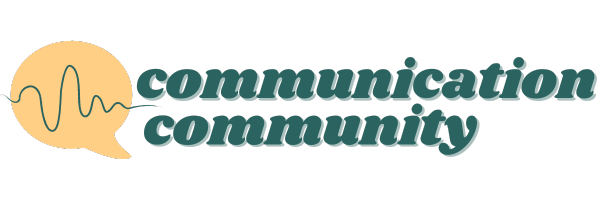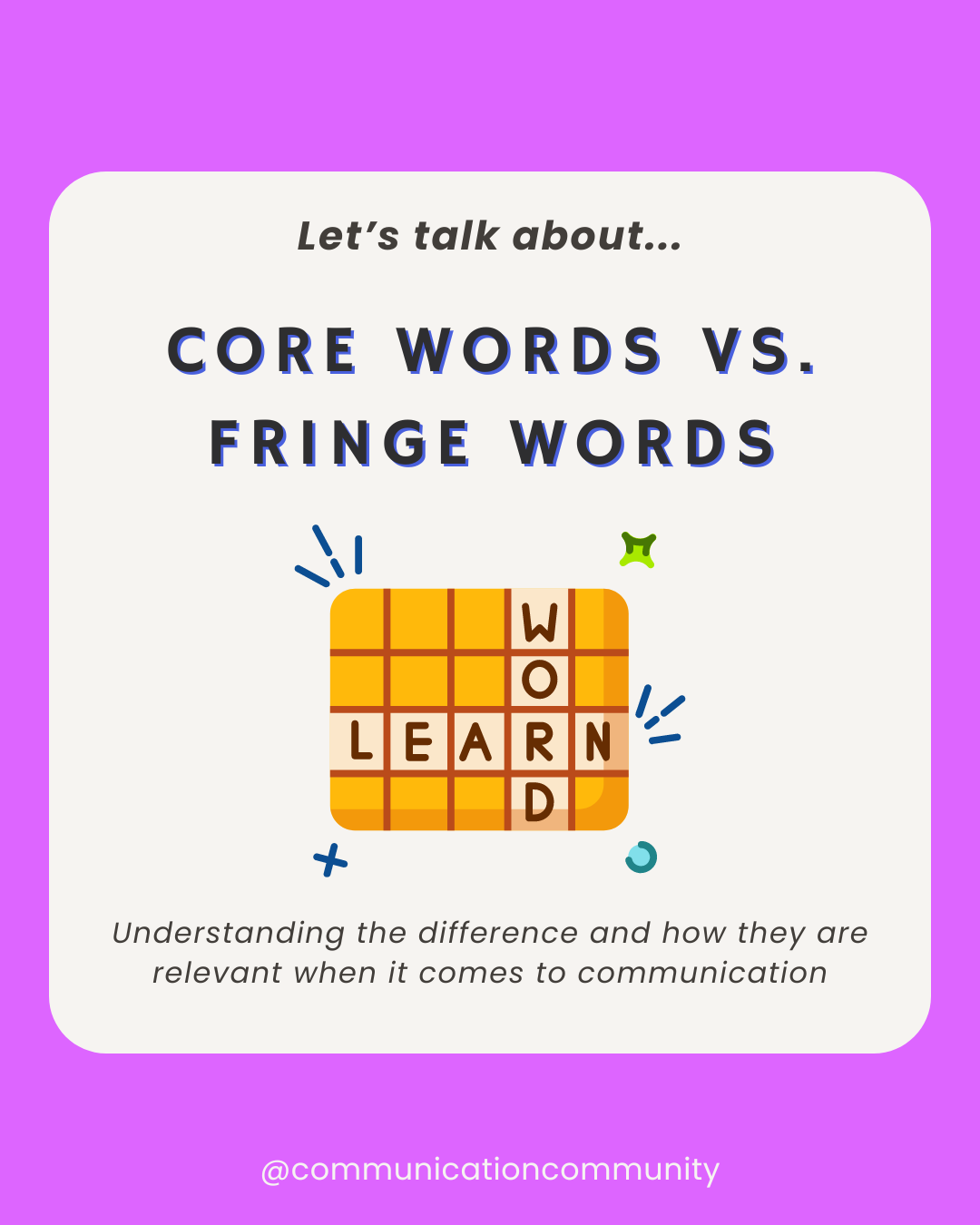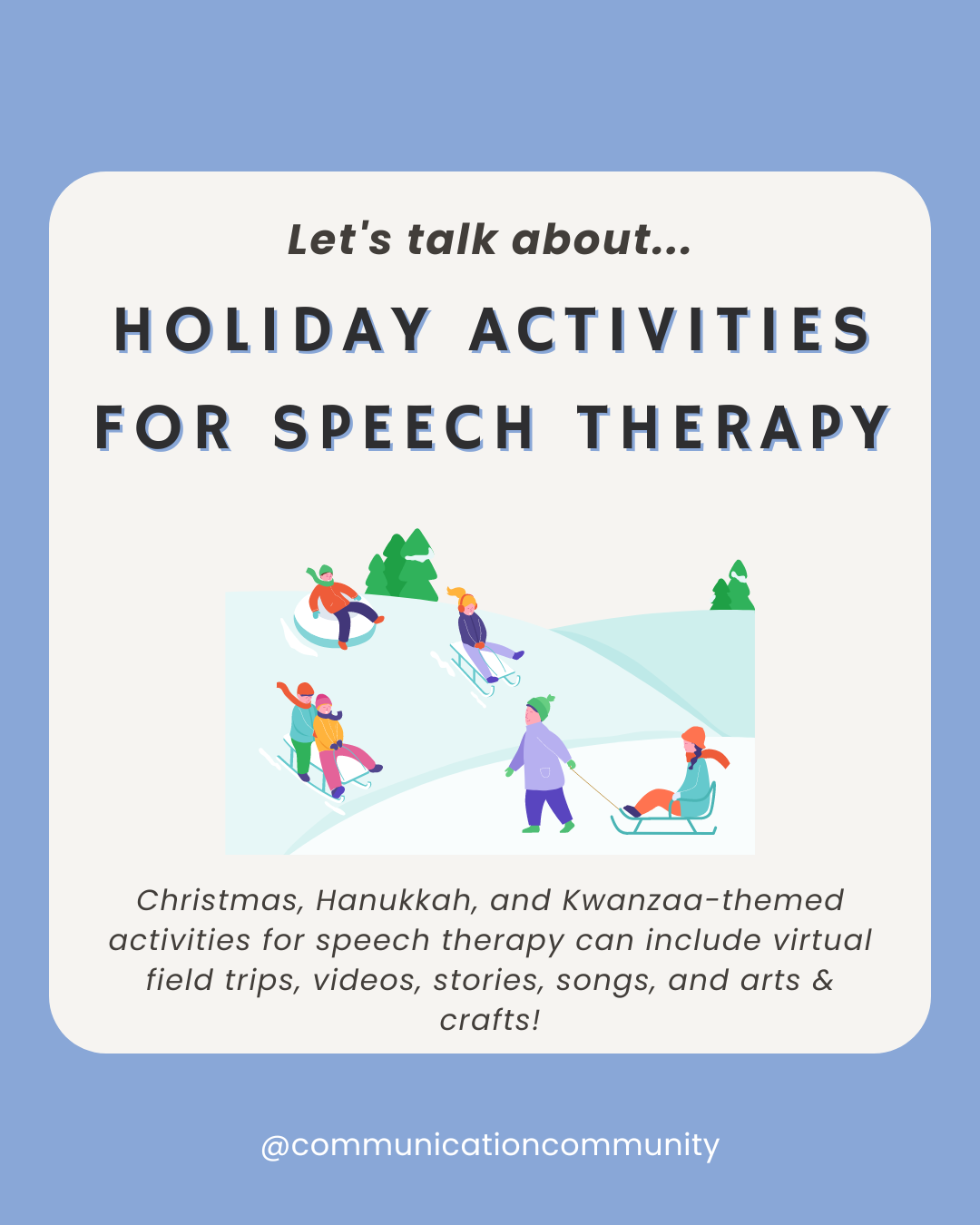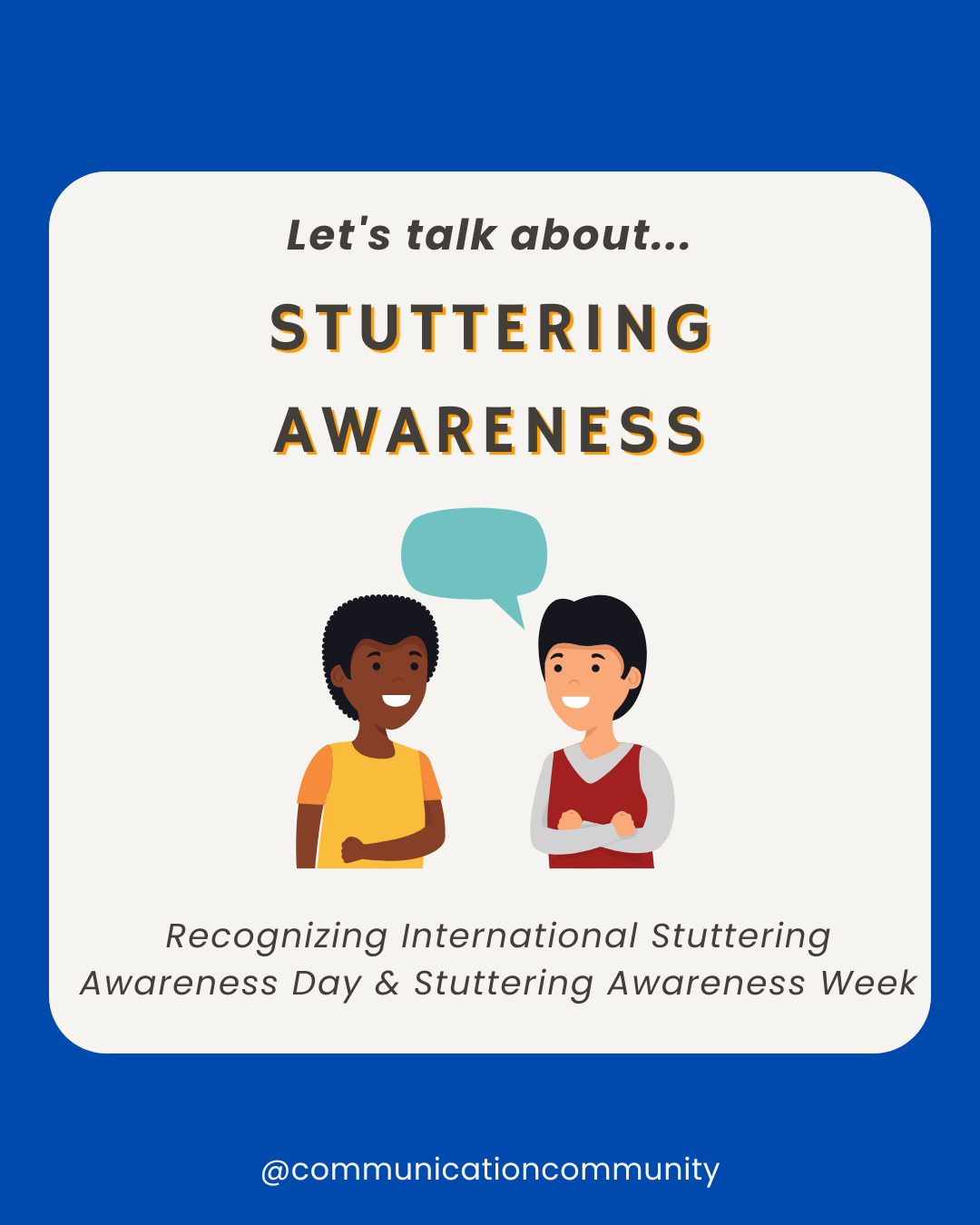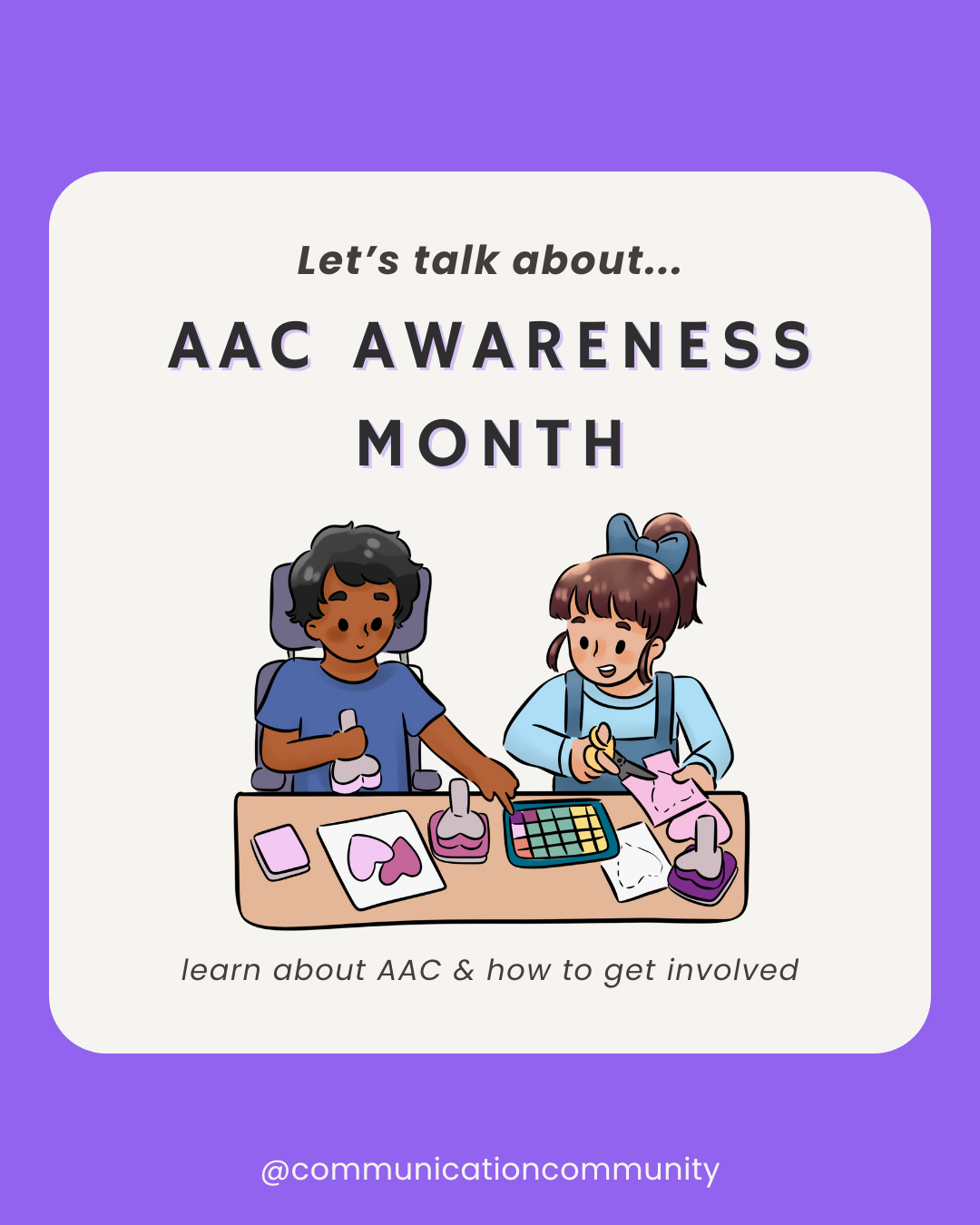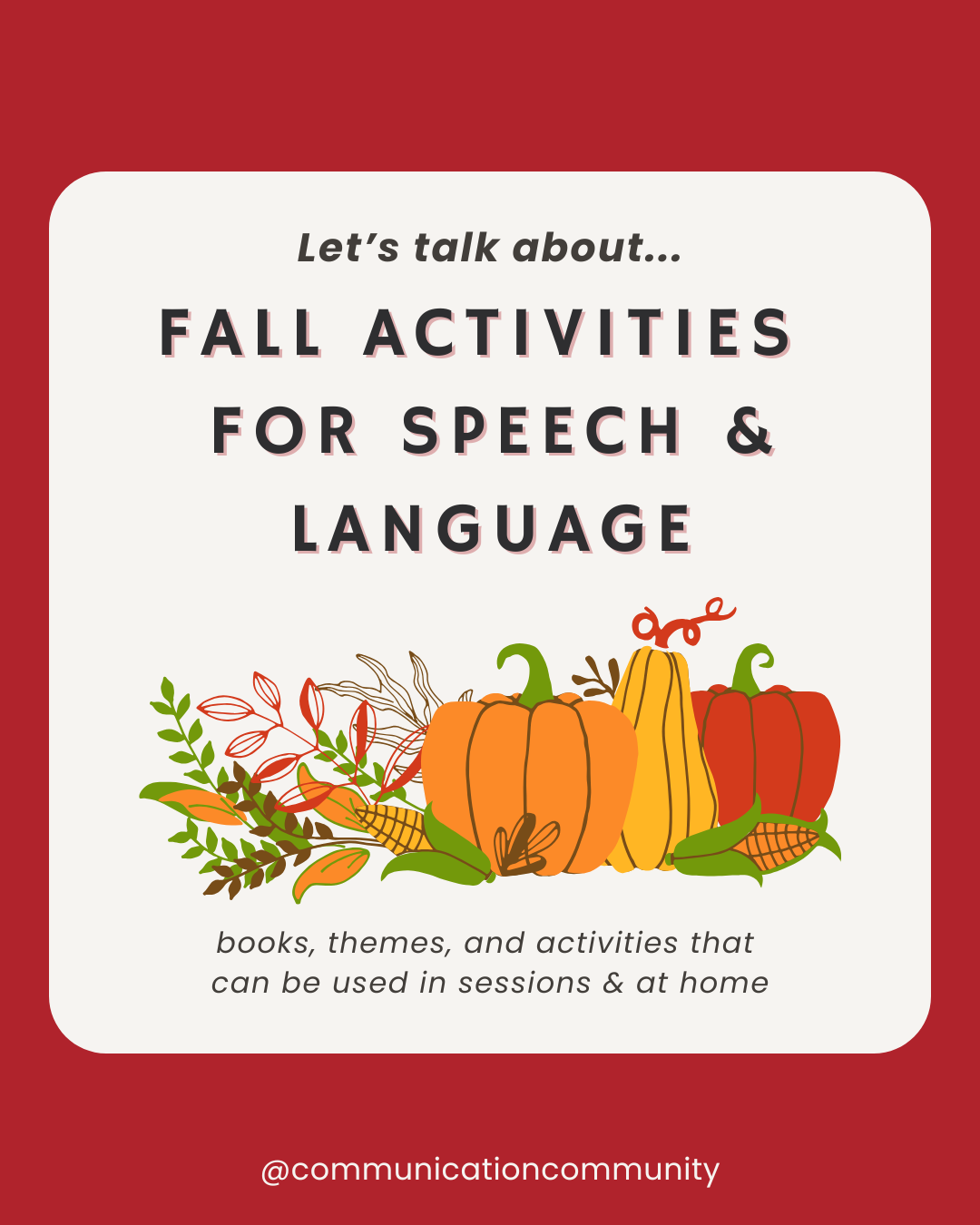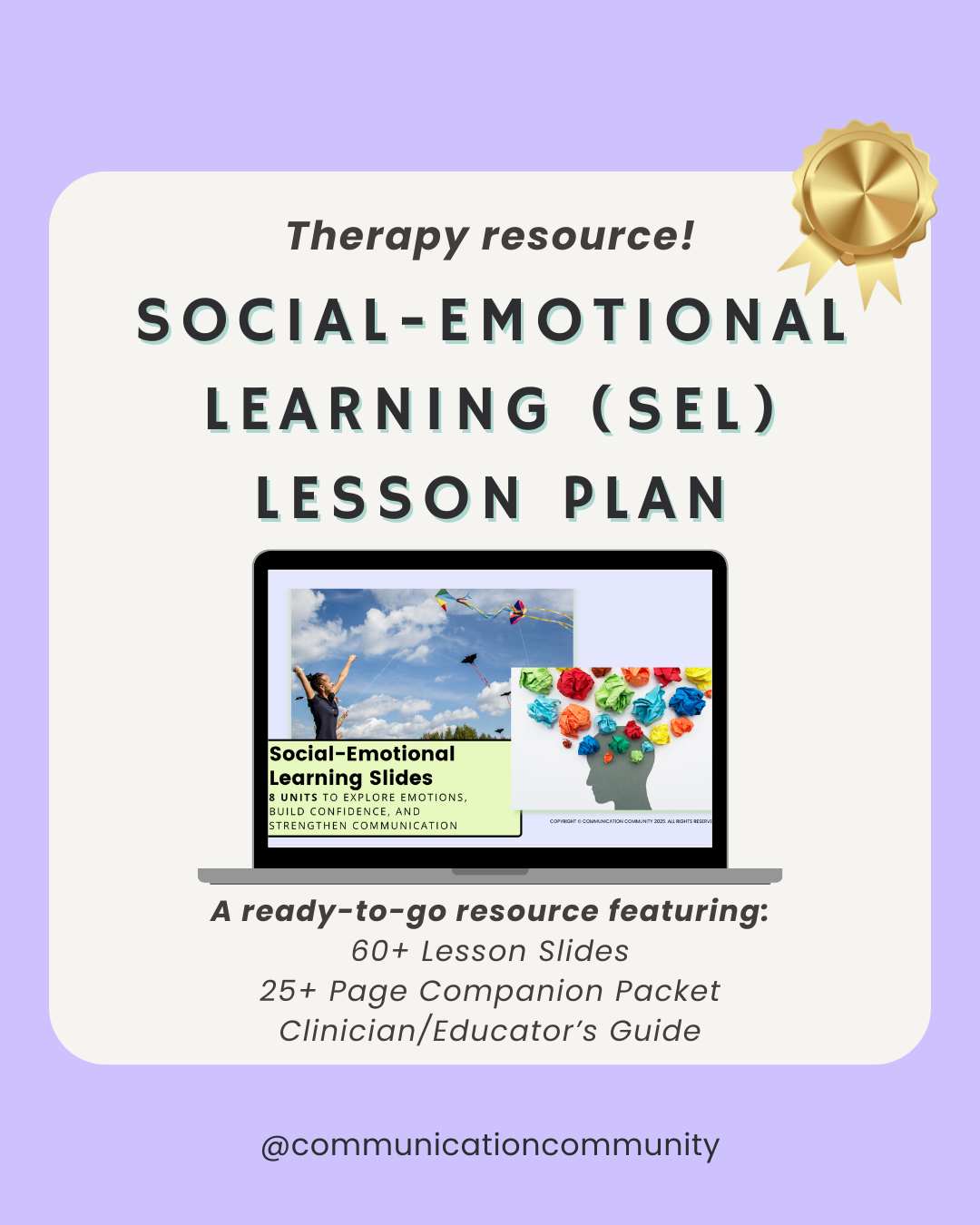Core words or core vocabulary refers to the language that we use most frequently in our day-to-day communication. They comprise up to 80% of the words that we use every day. Fringe words (fringe vocabulary), on the other hand, refer to the vocabulary that is specific to a context (i.e., topic, individual, setting); approximately the remaining 20-ish% of the words that we use every day.
Comparing Core Words and Fringe Words
As mentioned above, core words account for approximately 60 - 80% of the words that we say every day! Core words can include many types of language (e.g., pronouns, prepositions, adjectives, verbs, etc.) but limited use of nouns. Usually, each individual’s repertoire of core words is only about 200 total words, but those can differ between individuals. However, in many cases, the majority of core words that one person uses is very similar to that of another person, such as the word “I.”.
In contrast to core vocabulary, fringe vocabulary may consist of thousands or tens of thousands of words. That is a huge difference! Another big difference is the type of words in one’s fringe vocabulary repertoire; fringe words usually consist primarily of nouns/proper nouns (e.g., persons, places, or things). As mentioned above, core words usually consist of types of language other than nouns (e.g. verbs, pronouns, descriptors).
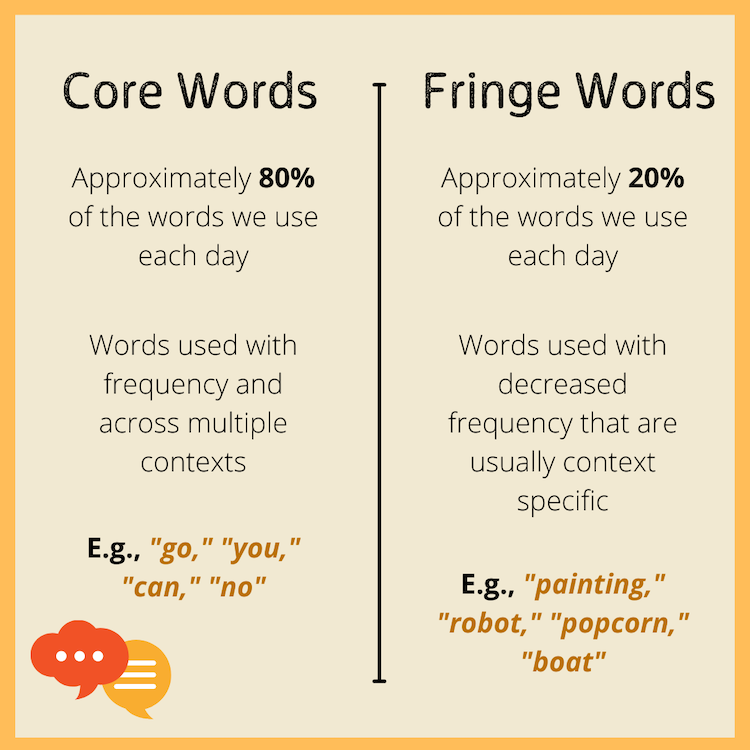
Since fringe words are often context-specific, the word “watermelon” may be more likely considered a type of fringe word because of its use in limited contexts (e.g., to talk about a favorite summer snack). As you may have noticed, “watermelon” is a noun, and “I” is a pronoun, which aligns with the common theme that a core word is usually not a noun, and a fringe word is often a noun.
If you would like to learn more about core vs. fringe words, the YouTube channel Language During Mealtime provides an informative short with examples and visuals (see below)!
Core Words and Fringe Words are Important for Communication
A robust language system for an individual (an AAC user or not), should contain both core and fringe vocabulary. Core vocabulary is used the most often but fringe vocabulary allows an individual to talk about specific things, events, or people relevant to their life and environmental context.
Using core vocabulary and fringe vocabulary allows an individual to develop the skills needed for using proper grammar and sentence structure, while also communicating about their specific needs, wants, and interests.
Additional AAC Core and Fringe Word Resources
- What are Core Words?
- What are Fringe Words?
- How to Choose Fringe Words
- Core Word of the Week: GO
- Core Word of the Week: MORE
- AAC Comprehensive Goal Bank

Citations/further resources:
https://www.aacandautism.com/assets/uploads/Core_Word_of_the_Week.pdf
https://aacinstitute.org/core-vocabulary-and-the-aac-performance-report/
http://corevocabulary.weebly.com/
https://praacticalaac.org/strategy/join-together-core-fringe-vocabulary/
https://www.cornwall.gov.uk/media/37627255/core-and-fringe-vocabulary.pdf
